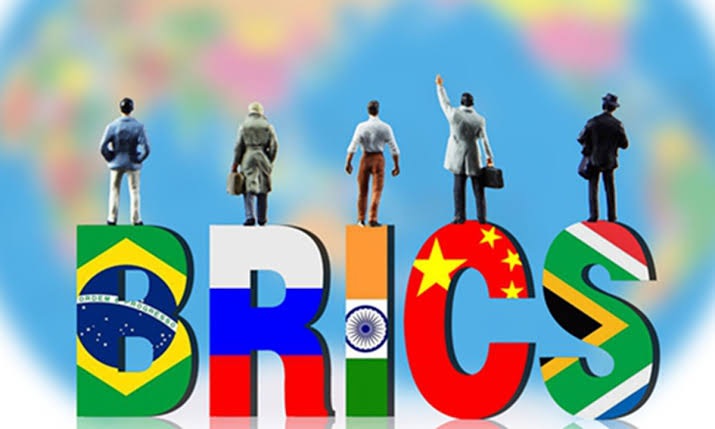BRICS Nations Demand Stronger Safeguards on AI Data Use
At the 2025 BRICS Summit in Rio de Janeiro, leaders from Brazil, Russia, India, China, and South Africa have taken a united stand on one of the most pressing global tech issues: how artificial intelligence (AI) uses data.

AI systems—especially large language models and image generators—are trained on massive amounts of data, often scraped from the internet. But much of this data includes copyrighted content, personal information, or culturally sensitive material. Many creators, journalists, and everyday internet users are now asking:
“Who gave permission to use my data?”
BRICS Wants Rules
The BRICS countries argue that there should be clear international rules to protect individuals, organizations, and nations from the unauthorized use of their data in AI development. This includes:
Preventing AI companies from collecting data without permission. Ensuring artists, writers, and researchers get credit or compensation if their work is used to train AI. Protecting the digital rights of people in developing countries, who are often the most vulnerable to data misuse.
Why BRICS Is Speaking Up
Big tech companies, mostly based in the U.S. and Europe, dominate the AI industry. BRICS leaders believe this creates a power imbalance, where a few companies benefit from the global internet—but don’t share the rewards fairly.
This call reflects a broader push from the Global South to level the playing field in digital innovation. It also mirrors ongoing efforts by BRICS to promote digital sovereignty—giving countries more control over their own data and tech futures.
What Could Change?
If BRICS countries implement stricter data laws or demand transparency from AI developers:
AI companies might need to rethink how they gather and use training data. There could be new requirements for compensating creators or obtaining licenses. We may see more AI systems built locally using ethically sourced data.
Bottom Line
BRICS leaders are sending a strong message:
AI must grow with fairness, respect, and accountability.
Their united front could influence how the next generation of AI is developed—especially in how it treats people’s data and creative work.






